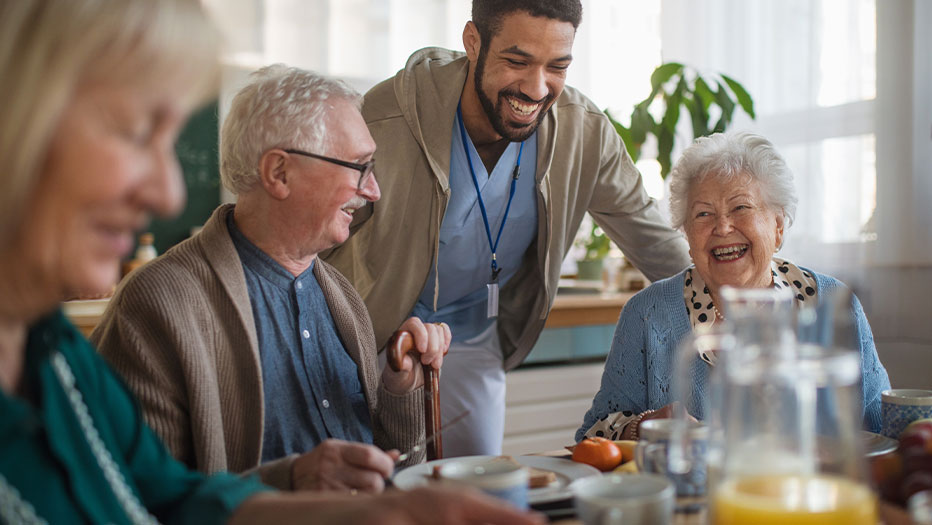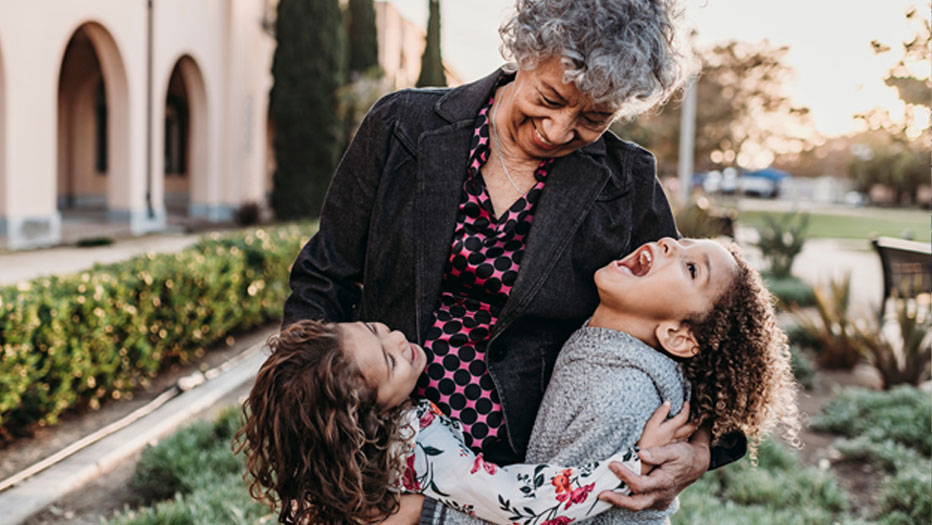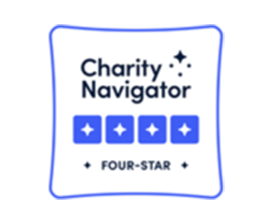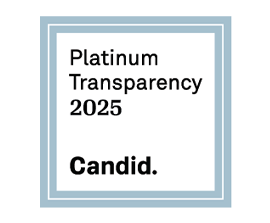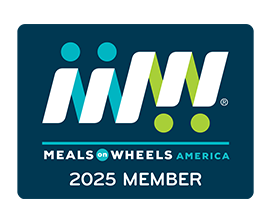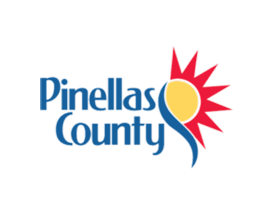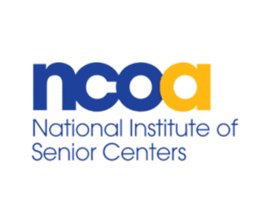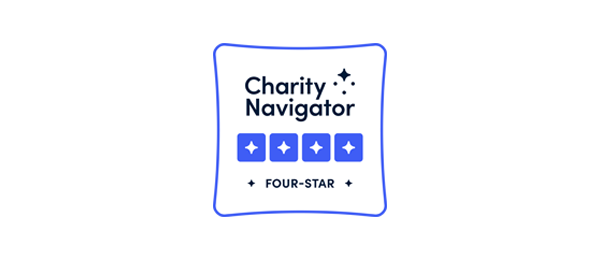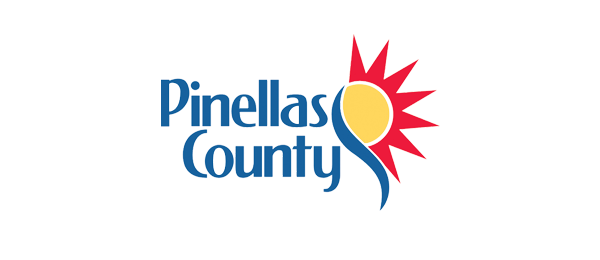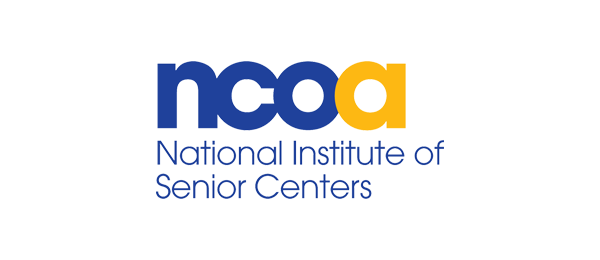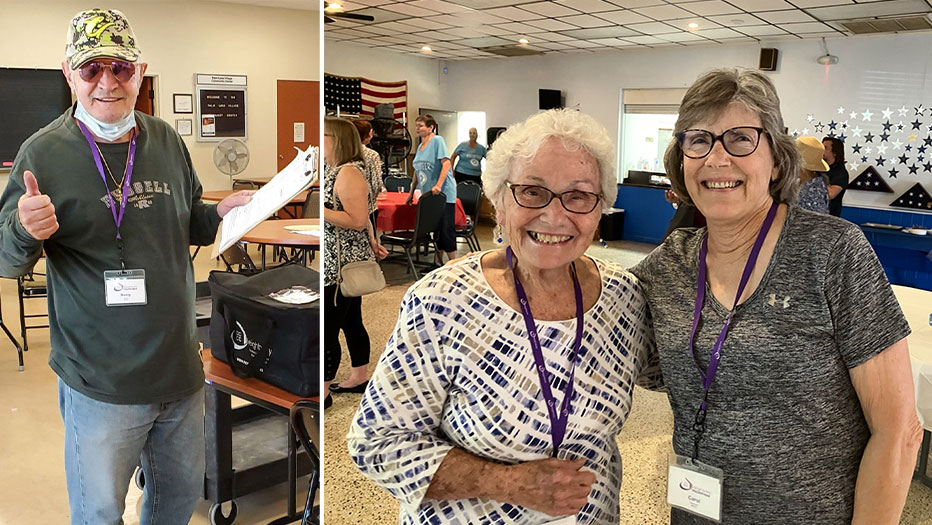
Volunteerism
The Anti-Aging, World Peace-Generating Catalyst?
by Hilary Justice, CVA
Volunteer Coordinator
April 5, 2025
Decades ago retirees dominated the demographic most likely to volunteer as they wound down their professional lives, looking for ways to give back. As a result, the research in the past focused solely on the benefits to older adult volunteers. But that’s changing, and in a number of surprising ways. Read on to learn more about the shifting demographics and some new, and enhanced, benefits of giving back for people of all ages.
If you are the parent of a child or teen struggling with health, behavioral, or anxiety issues, volunteering may be just what the doctor orders to get back on track. Why? Data published in the Journal of the American Medical Association shows volunteering was associated with higher odds of parent-reported excellent or very good health in children and adolescents. Volunteering was also associated with higher odds of flourishing and lower odds of anxiety in adolescents.1. Already in the UK, physicians and other healthcare providers are giving patients “social” prescriptions that encourage engaging activities, including volunteering. And here are two additional benefits for younger volunteers: 48% of young adults who volunteer earn As in school, and younger volunteers were motivated by the opportunity to socialize with friends while serving.2. Volunteering is fun, after all!
And the news just keeps getting better as we age. Take, for example, that data has long showed that volunteers consider themselves to be healthier, with lower blood pressure, and less likely to have a heart attack, than their non-volunteering peers. And we’ve also known that volunteering provides purpose and meaning which likely contribute to lower rates of depression and increased life satisfaction. But would you believe there’s now a correlation between volunteerism and anti-aging? Yes, data supports reduced aging among those who volunteer 1-49 hours per year and at 200+ hours of service per year. I would be remiss if I didn’t mention that here at Neighborly, most volunteers serve about one hour per week – delivering Meals on Wheels, providing rides to seniors’ medical appointments, and other assignments – all well within the anti-aging benefit hours of service range! Among retired individuals, moderate volunteering was significantly associated with “decelerated epigenetic (the study of changes in genes that can be influenced by environmental factors, behaviors, or other external elements) age acceleration,” indicating greater benefits for retirees compared to working individuals.3.
We’re also learning that while we’re a society living much longer, Generation X, those who were born between 1965 and 1980, volunteer the most now (32.3% formally and 61.2% informally), with Millennials ranking #2 in formal volunteering rates.
Lastly, and likely one of the most compelling areas of research is that volunteering may increase trust within a community, especially when it brings together people from different backgrounds.4. It is said to strengthen “social cohesion” which refers to the strength of relationships and a sense of unity or connectedness within a community. Volunteering, particularly when involving diverse groups, can strengthen social cohesion. In a divisive and strongly polarized world, imagine if volunteering could actually be a step toward healing, even world peace?
So, what are you waiting for? The world needs you!
For more information or personalized guidance, contact your Neighborly dietitian at 727-573-9444 or nutrition@neighborly.org
References
- Volunteering, Health, and Well-being of Children and Adolescents in the United States
- DoSomething.org Releases Data on Teen Volunteers and How to Better Engage Them
- Does volunteering reduce epigenetic age acceleration among retired and working older adults? Results from the Health and Retirement Study
- Commoning toward urban resilience: The role of trust, social cohesion, and involvement in a simulated urban commons setting
At Neighborly, Caring is at the Center of All We Do.



